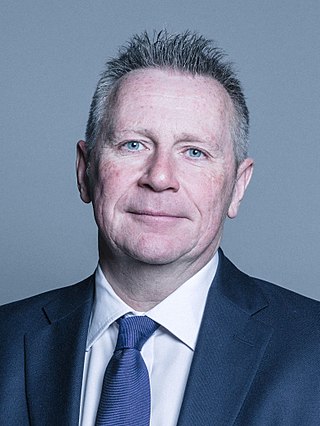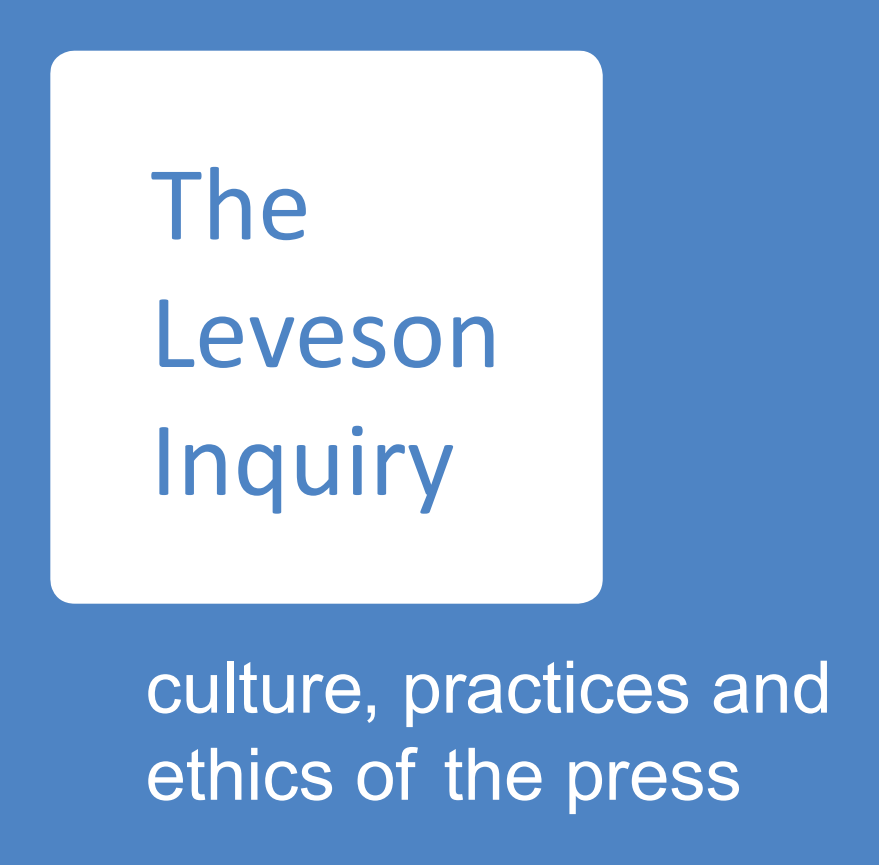Related Research Articles

The Press Complaints Commission (PCC) was a voluntary regulatory body for British printed newspapers and magazines, consisting of representatives of the major publishers. The PCC closed on Monday 8 September 2014, and was replaced by the Independent Press Standards Organisation (IPSO), chaired by Sir Alan Moses. Unlike the UK's only 'Approved Regulator' Independent Monitor for the Press (IMPRESS) who are fully compliant with the recommendations of the Leveson Inquiry, IPSO has refused to seek approval to the Press Recognition Panel (PRP).
There are several different types of mass media in the United Kingdom: television, radio, newspapers, magazines and websites. The United Kingdom is known for its large music industry, along with its new and upcoming artists. The country also has a large broadcasting, film, video games and book publishing industries.

The Financial Reporting Council (FRC) is an independent regulator in the UK and Ireland based in London Wall in the City of London, responsible for regulating auditors, accountants and actuaries, and setting the UK's Corporate Governance and Stewardship Codes. The FRC seeks to promote transparency and integrity in business by aiming its work at investors and others who rely on company reports, audits and high-quality risk management.
The BBC Trust was the governing body of the British Broadcasting Corporation (BBC) between 2007 and 2017. It was operationally independent of BBC management and external bodies, and its stated aim was to make decisions in the best interests of licence-fee payers. On 12 May 2016, it was announced in the House of Commons that, under the next royal charter, the regulatory functions of the BBC Trust were to be transferred to Ofcom.
Southport Reporter is an online newspaper started by Patrick Trollope. It was the UK's first online-only regional newspaper. It is based in Southport on Merseyside, and was quickly recognised by the National Union of Journalists as well as other media groups, authorities and organizations as a newspaper. This recognition was due to the fact it was only run by certificated professional journalists. As a result, they had to follow and run under the rules of the UK Press Complaints Commission's Code of Practice and the NUJ Code of Conduct.

David Anthony Currie, Baron Currie of Marylebone is a British economist specialising in regulation, and a cross-bench member of the House of Lords. Currie was the inaugural Chairman of the Competition and Markets Authority (CMA).

James Paul Harding is a British journalist, and a former Director of BBC News who was in the post from August 2013 until 1 January 2018. He is the co-founder of Tortoise Media.

The Legal Services Board is an independent body responsible for overseeing the regulation of lawyers in England and Wales. It is a non-departmental public body sponsored by the Ministry of Justice, created through the Legal Services Act of 2007.

Sharmishta "Shami" Chakrabarti, Baroness Chakrabarti, is a British politician, barrister, and human rights activist. A member of the Labour Party, she served as the director of Liberty, a major advocacy group which promotes civil liberties and human rights, from 2003 to 2016. From 2016 to 2020, she served as Shadow Attorney General for England and Wales.

Guy Vaughan Black, Baron Black of Brentwood was executive director of the Telegraph Media Group from 2005 to 2018 and since 2018 has been Deputy Chairman of the Group. He is a Conservative life peer member of the House of Lords.
Sir Brian Henry Leveson is a retired English judge who served as the President of the Queen's Bench Division and Head of Criminal Justice.

The Leveson Inquiry was a judicial public inquiry into the culture, practices and ethics of the British press following the News International phone hacking scandal, chaired by Lord Justice Leveson, who was appointed in July 2011. A series of public hearings were held throughout 2011 and 2012. The Inquiry published the Leveson Report in November 2012, which reviewed the general culture and ethics of the British media, and made recommendations for a new, independent, body to replace the existing Press Complaints Commission, which would have to be recognised by the state through new laws. Prime Minister David Cameron, under whose direction the inquiry had been established, said that he welcomed many of the findings, but declined to enact the requisite legislation. Part 2 of the inquiry was to be delayed until after criminal prosecutions regarding events at the News of the World, but the Conservative Party's 2017 manifesto stated that the second part of the inquiry would be dropped entirely, and this was confirmed by Culture Secretary Matt Hancock in a statement to the House of Commons on 1 March 2018.

The Crime and Courts Act 2013 is an Act of Parliament of the Parliament of the United Kingdom introduced to the House of Lords in May 2012. Its main purpose is to create the United Kingdom National Crime Agency which replaced the Serious Organised Crime Agency. Part 2 of the Act relaxes the rules on filming court proceedings under controlled circumstances, and amends the rules on 'self-defence'.
Mass media regulations are rules enforced by the jurisdiction of law. Guidelines for media use differ across the world. This regulation, via law, rules or procedures, can have various goals, for example intervention to protect a stated "public interest", or encouraging competition and an effective media market, or establishing common technical standards.
The Royal Charter on self-regulation of the press is a United Kingdom royal charter approved in 2013. The Queen set her seal on the document at a meeting of the Privy Council after the failure of two High Court actions by Pressbof to prevent it. The operation of the Charter comes under two Acts of Parliament, the Crime and Courts Act 2013 and the Enterprise and Regulatory Reform Act 2013.
The Independent Press Standards Organisation (IPSO) is the regulator of the newspaper and magazine industry in the UK. It was established on 8 September 2014 after the windup of the Press Complaints Commission (PCC), which had been the main industry regulator of the press in the United Kingdom since 1990.
Mark(ing) your own homework is a British expression used in political discourse, the study of organisational behaviour and in everyday life. The expression implies that whenever a person or group self-assesses and/or self regulates their own work they will usually treat it more favorably than if it were assessed by an independent person or group.
Walter Hugh Merricks, who qualified as an English solicitor, has held a number of senior appointments in legal and public institutions, the best known being his tenure as the inaugural Chief Ombudsman of the Financial Ombudsman Service. He was Chair of IMPRESS, the Independent Monitor for the Press, and the law reform charity JUSTICE. He is a member of the Civil Aviation Authority's consumer panel. As class representative, he has filed a £14 billion class action claim on behalf of British consumers against MasterCard Incorporated before the Competition Appeal Tribunal.
The Independent Monitor for the Press (IMPRESS) is an independent press regulator in the UK. It was the first to be recognised by the Press Recognition Panel. Unlike the Independent Press Standards Organisation (IPSO), IMPRESS is fully compliant with the recommendations of the Leveson Inquiry. IMPRESS regulates over 200 titles, consisting of a variety of independent local, investigative and special interest news publications across the UK. No national newspaper has signed up to the new regulator; most continue to be members of the unrecognised IPSO. Its founder is Jonathan Heawood and its current Chief Executive is Ed Procter.
References
- ↑ "Overseeing UK press regulation – Press Recognition Panel (PRP)". pressrecognitionpanel.org.uk. Retrieved 27 January 2019.
- ↑ Para 3.1 of Royal Charter
- ↑ "Panel Gives Alternative Press Regulator Royal Charter". Press Gazette. 25 October 2016.